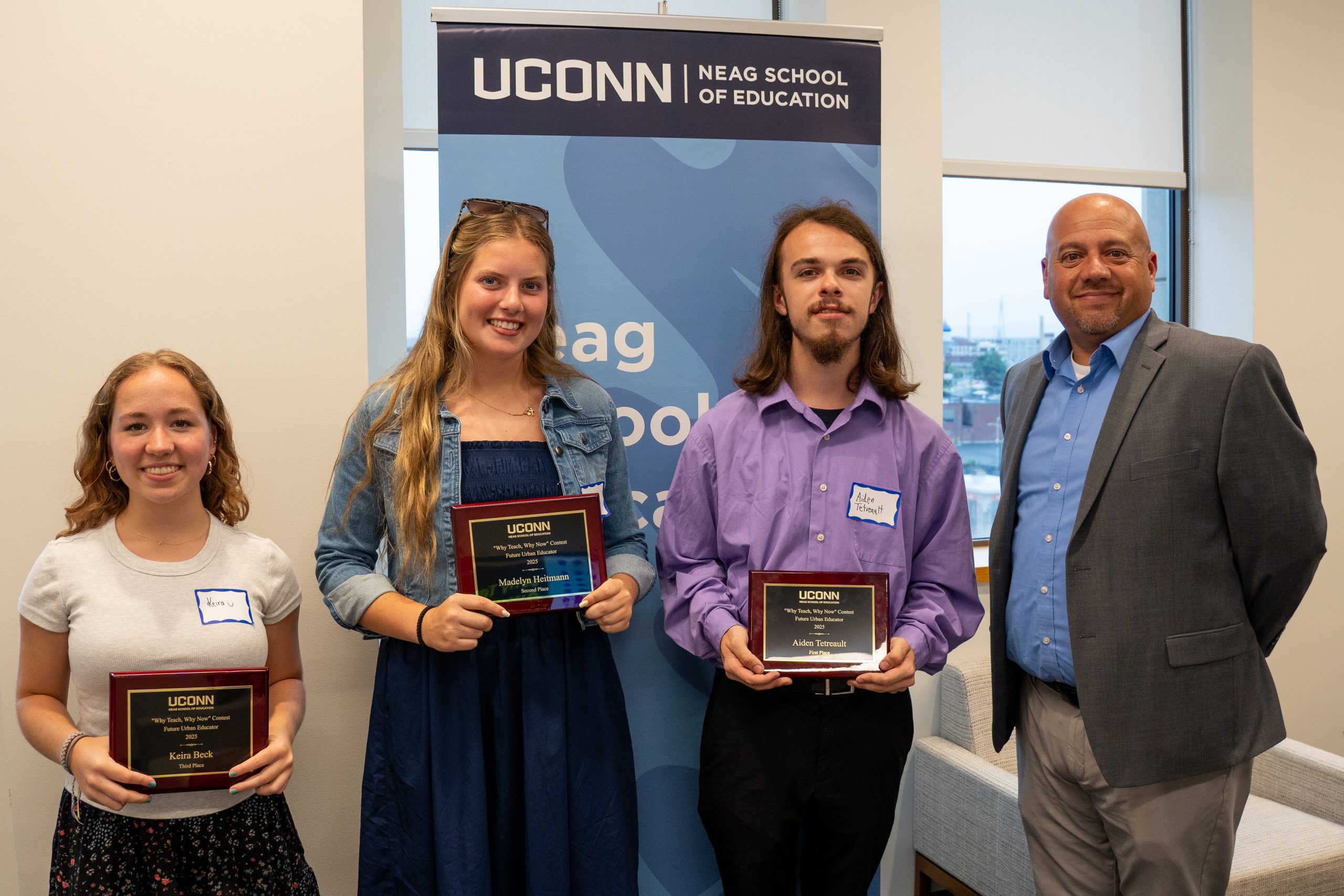Associate professor Adam Zweifach from the University of Connecticut Department of Molecular and Cell Biology has received a PITCH (Program in Innovative Therapeutics for Connecticut’s Health) Promising Project award. The research project aims to identify selective small molecule inhibitors of an enzyme implicated in many cancers.
The funding will allow Zweifach to obtain a commercially available compound that inhibits hexokinase 2 (HK2). HK2 is an enzyme that is upregulated, or over-produced, in many types of cancer. HK2 contributes to the Warburg Effect, a phenomenon in which cancer cells produce energy through increased oxygen-dependent glycolysis, which allows them to proliferate rapidly. Non-cancerous cells do not use this mechanism of energy production.
There are currently no potent, specific inhibitors for HK2 on the market that are used for cancer treatment. The PITCH funding will allow Zweifach to use the commercially available compound to validate a novel screen he has developed. The screen will enable then him to identify new lead HK2 inhibitors that could possibly lead to new cancer drugs.
The PITCH Promising Project award grants researchers to conduct research on a specific aspect of their project and allows recipients to gather more data to strengthen their overall proposal. After completing this stage of the funding, Zweifach may resubmit his proposal to be considered for a traditional PITCH award
“I’m really grateful to PITCH for the support. I think the program can really help jumpstart biotech in Connecticut,” says Zweifach.
Zweifach received his Ph.D. from Yale University. He completed his postdoctoral training at Stanford. His research interests include T lymphocyte function, signal transduction and killing by cytotoxic T cells, and phenotypic screening for drug discovery.



